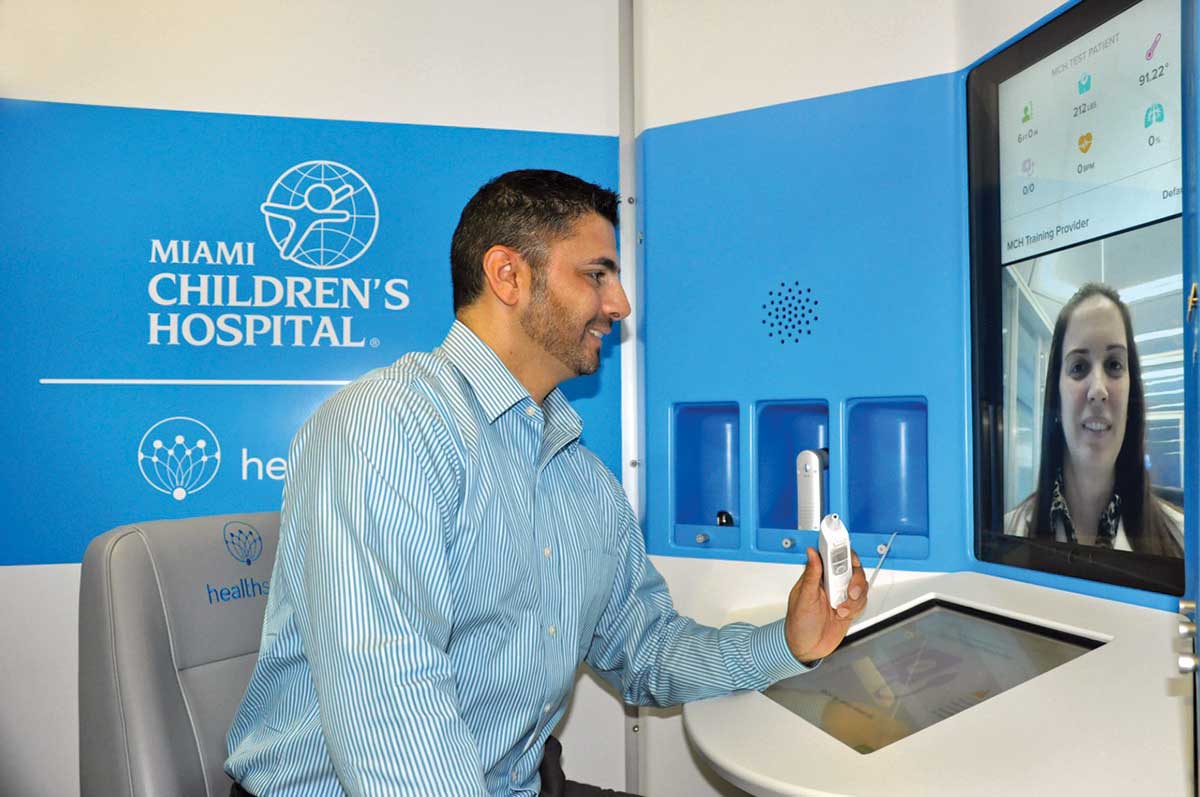Florida Legislature removes long-time healthcare rules

In the session that just ended, the Florida Legislature removed decades-old laws designed to regulate the healthcare industry. It significantly watered down the certificate of need (CON) process, allowed ambulatory surgical centers to keep patients for 48 hours (previously it was 24), put some structure in place for telehealth (the remote delivery of services) and voted to allow drugs to be imported from Canada.
The CON process was intended to put checks on the number of healthcare facilities in a community, because when there are too many facilities (known as excess capacity), quality goes down and prices go up, observers say. The legislators said they want to encourage competition.
But the measures reveal an incorrect understanding of medical economics, said Linda Quick, former president of the South Florida Hospital & Healthcare Association and now president of the Quick Bernstein Connection Group, a consulting firm.
“I think the first erroneous assumption is that there’s not sufficient competition, and the second is that competition in medical care will lower prices,” she said. “That works with hotels, restaurants, and with goods and services we choose to buy. But historically, the free market doesn’t work in the medical industry.”
There is a finite number of patients at any one time, and their numbers are not wildly increasing, Ms. Quick said. “As a population, we’re getting better at keeping ourselves well, and that’s good news. But, on its face, it argues against adding new facilities. By saturating the market, you’re not going to increase the number of sick people.”
Competition worsens the quality of medical care because, as more hospitals fight for the same pool of patients, practitioners in each hospital will do fewer procedures, she said. “The more you practice, the more you do a procedure, the better you get at it,” she said. “That’s why a lower volume of procedures done in a hospital equals higher patient risk.”
Expanding patient hours at ambulatory surgical centers creates an unfair advantage for them, Ms. Quick said, because they accept patients who would ordinarily go to hospitals but the centers are not required to do everything hospitals are, including taking patients regardless of ability to pay. “The other potential risk is that, if you build it, they will come, meaning patients will be attracted to these centers for procedures that really aren’t necessary. Observers also fear that the surgical centers will “cherry pick” patients who have the best insurance, leaving uninsured and underinsured individuals to the traditional hospitals.
“There will be winners and losers” once this new system is in place, Ms. Quick said. “Some will find it too expensive and will go out of business. If I thought only the high-quality facilities would remain, I’d say ‘yay,’ but after 40 years of experience in this industry, I don’t think that’s going to happen.”
“The CON process has been slowly but surely dissolving over the years,” said Steven Grigas, a healthcare partner at the Akerman law firm who has extensive industry experience. “They were announcing its death in 1997. Florida is an anomaly; most states don’t have a CON requirement.” Hospitals have been exempted from the requirement to prove need before opening a facility or expanding, but nursing homes, hospices, and intermediate care facilities for people with developmental disabilities must still comply.
Asked the effect of removing the requirement, “It all depends on your point of view,” he said. “Those who want to open new hospitals are popping the champagne right now. In states that have no CON, the argument has been ‘Let them do it, and either they’ll make it or not.’ The idea is to let the free market decide.”
After fighting for at least five years to keep patients longer than 24 hours, those who own or want to open ambulatory surgical centers “are also popping champagne right now,” Mr. Grigas said. “They want to keep the patient in their own shop to continue with follow up, whereas before this, if a patient needed more care, they’d have to transfer that patient to a hospital. They can still transfer the patient, but this gives them more freedom to retain that patient.”
The telehealth issue was hotly contested, he said. “The Florida Medical Association, which represents physicians, was not in favor of it.” There are concerns that physicians in other states could undercut prices, and also questions about how Florida would keep out-of-state physicians under supervision. “If there’s an issue of malpractice, what leverage does Florida have?” he asked.
An out-of-state practitioner must pay a $150 registration fee to the Florida Department of Health and supply credentials. If problems arise, Florida would “pass the baton” to the state in which that person is licensed. But telehealth could be a boon to rural Florida, where it would remove the burden of driving to a city to receive care, Mr. Grigas said.
Though the legislature approved importation of Canadian drugs, it’s a moot point unless the federal government approves it, which doesn’t seem likely, he said.
Of the legislative session in general, he said, “It was more of a whimper than a bang.”







Recent Comments